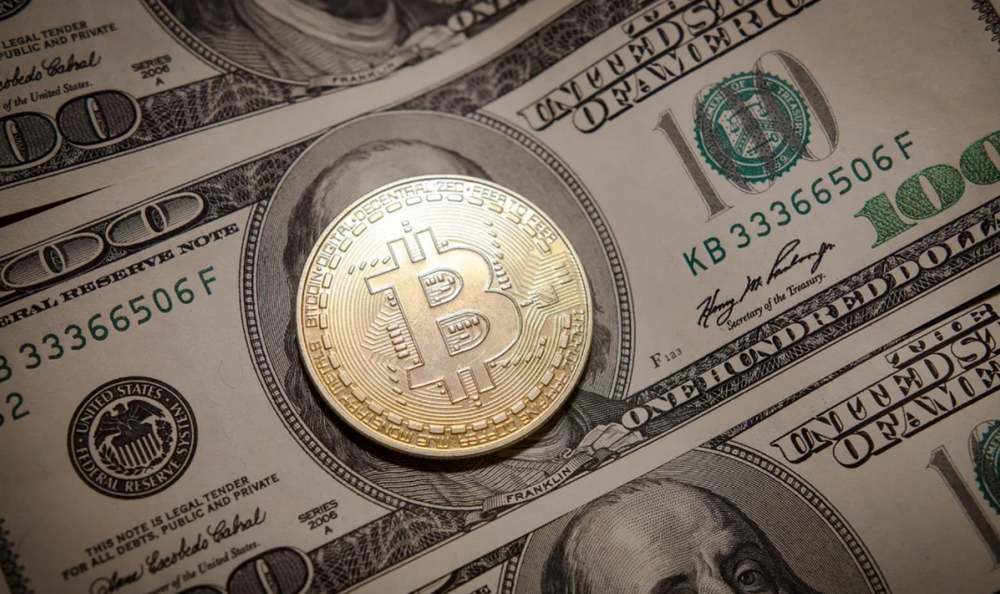Libra launch or meet resistance again: retreat storm, more rivals, can be launched in 2020?
Source: 52CBDC
Editor's note: Original title was "Libra launch or meet resistance again"

In 2019, since Facebook proposed the Libra project, it has encountered many obstacles. In addition to the constant bad news of natural disasters and human disasters in 2020, the situation of Libra is also not optimistic.
1 Founding member of the Libra Association
Since October 2019, eBay, PayPal, Visa, Mastercard, Stripe, and Mercado Pago, founding members of Libra, have announced their withdrawal from the Libra Association. Of course, we can find that the above quitting members are all payment service agencies. For Libra, whose mission is to build and "build a simple, borderless currency and financial infrastructure to serve billions of people," pay first. It is one of its most important basic functions. Libra's loss of support from multiple payment companies in a row could seriously hit the project in the first place.
- Multi-party secure calculation of MPC is hot, how to manage keys through MPC?
- Nasdaq Research launches Bitcoin futures, fierce competition on digital currency track
- Technology Sharing | "Junk Input and Junk Output" of Blockchain Technology
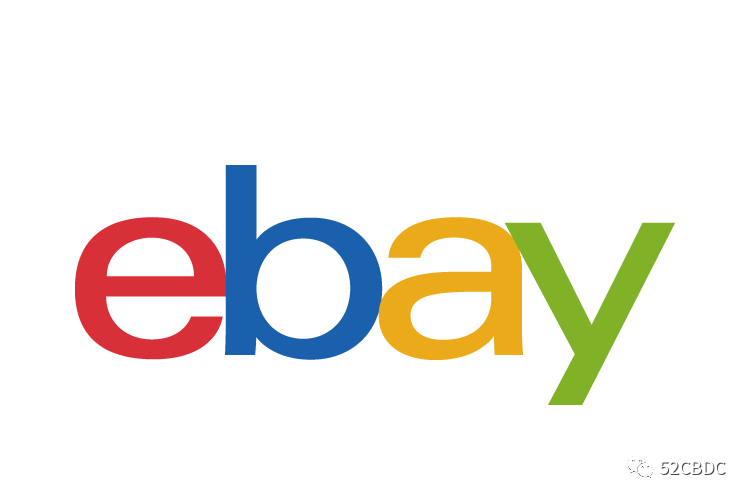
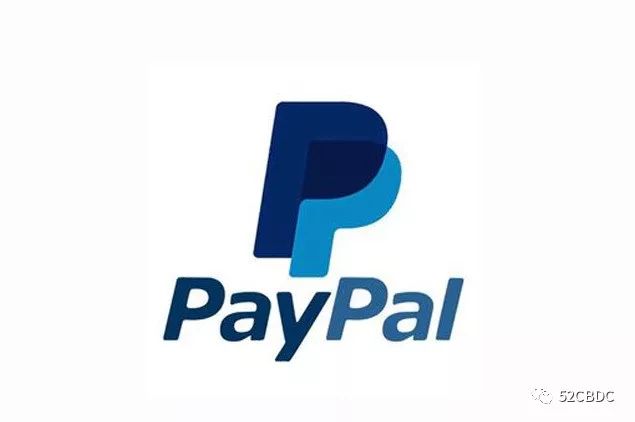

So why did these payment institutions exit the Libra Association? Russell Brandom, the editor-in-chief of The Verge policy, believes that traditional payment service providers are regulated and need to meet specific regulatory requirements such as fraud, money laundering, and enforcement of sanctions. And as governments begin to realize that Libra has difficulty meeting these regulatory constraints, it means that if payment service providers choose to cooperate with Libra, or will eventually face difficulties, their core business may be completely destroyed by regulatory actions.
At the end of January 2020, British Telecom Group Vodafone became the eighth member to announce its withdrawal from the Libra Association. Vodafone also stated that it would use the resources previously used for Libra exclusively for its comprehensive and successful digital payment service M-Pesa, and It is planned to expand beyond the six African countries currently served. So far, the initial members of the Libra Association are only 21.
2 Libra has more rivals
Libra wants to issue currencies that can be circulated globally, which is equivalent to challenging the status of fiat currencies issued by central banks around the world, and it will also have a huge impact on the global financial system and people's daily payment methods. This undoubtedly sounded the alarm for the vested interests of the original old system and the central banks of various countries.
It has attracted the attention of major Internet giants and other giant companies on cryptocurrencies. It is reported that on August 1, 2019, the United States Patent and Trademark Office disclosed that the contents of the document stated that retail giant Wal-Mart is applying for a digital cryptocurrency patent. Tencent, one of China's BAT giants, also issued an internal notice on December 23, 2019, stating that a digital currency research project group will be established and so on.
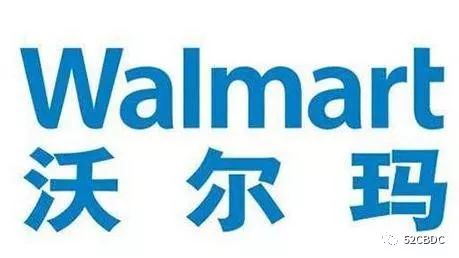

Not only that, central banks of various countries have joined the active discussion and research and development of central bank digital currency CBDC . In the future, CBDC will certainly be a strong opponent of Libra and other cryptocurrencies. As Litecoin founder Li Qiwei said, "Cryptocurrencies can be worth billions of dollars, but what's the point of it if people don't use it like fiat currencies? What matters to me is the value store and Pay. "
Yesterday our article also mentioned that the United States has launched the "Digital Dollar Project", the Central Bank of Lithuania is exploring digital currencies, the Bank of Japan has been studying the CBDC, the Bank of France is open, the Bank of England has established CBDC with Japan, the European Central Bank Group and so on. This is undoubtedly establishing more rivals for the launch and distribution of Libra.
3 Libra Association seems hesitant in KYC and anti-money laundering
Recently, Ajay Banga, Chief Executive Officer of MasterCard, who has withdrawn from the Libra Association in October last year, talked about leaving the Libra Association in an interview with the Financial Times. Banga said that the main members of the Libra Association do not promise to "do nothing that does not fully comply with local law."
When talking about the reasons for the withdrawal, Banga said that Mastercard must conduct due diligence through KYC, anti-money laundering and data management, but Libra seemed hesitant in these areas. Banga explained: "Every time I talk to the main supporters of Libra, I ask if I can write them down, but they don't." From Banga's answer, we may know why Libra even experienced the hearing. And the government has been under heavy supervision, but it is still unable to pass the reason. As Banga said, the main members of the Libra Association do not promise to "do nothing that does not fully comply with local law."
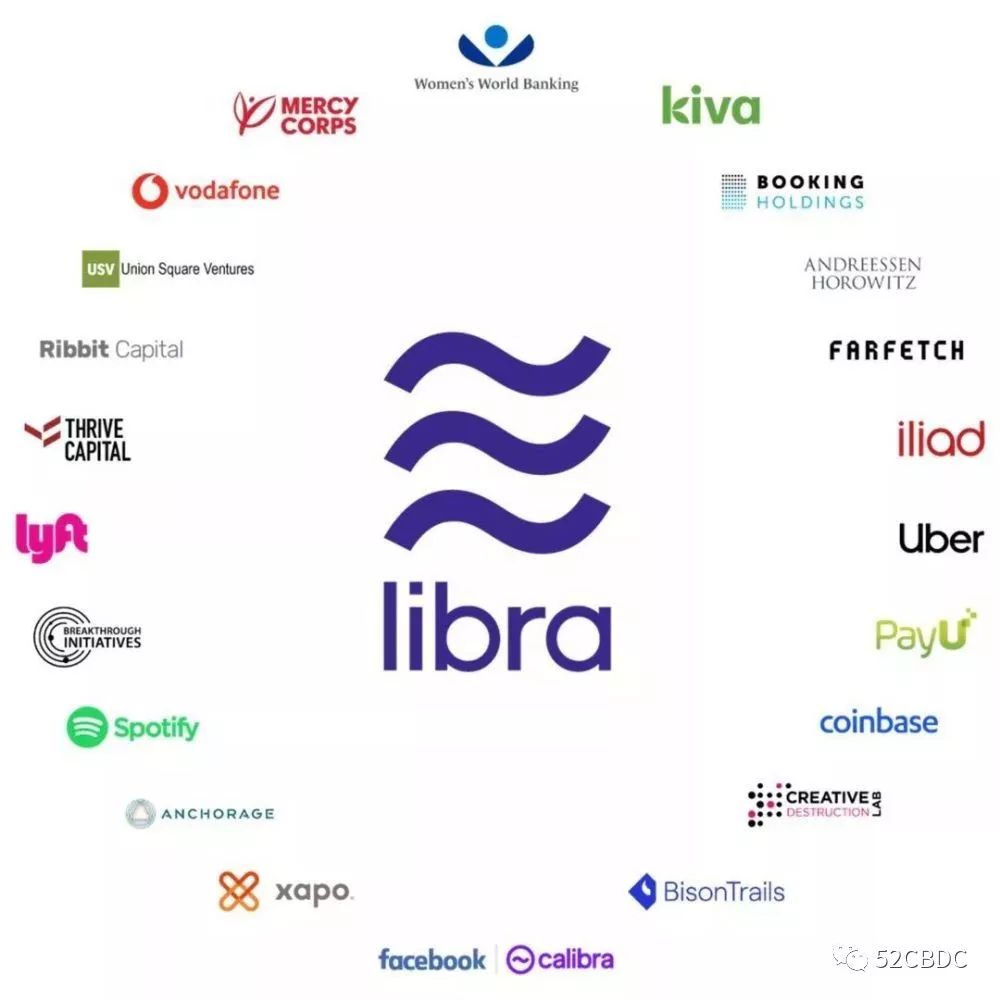
This is totally unacceptable to the positions and attitudes of central banks in anti-money laundering. The so-called KYC policy mentioned in this subheading refers to the intensified review of account holders. It is the institutional basis for anti-money laundering to prevent corruption and understand the legitimacy of funding sources. KYC policy not only requires financial institutions to implement a real-name account system, to understand the actual controller of the account and the actual beneficiary of the transaction, but also to fully understand the identity of the customer, the resident address or the business the company is engaged in, and take corresponding measures.
Despite previous hearings, Zuckerberg said he would actively work with regulators to bring Libra in compliance with anti-money laundering and anti-terrorism regulatory standards. However, its response did not seem to be as reassuring and satisfying to regulators, and it has been slow to pass review and approval. At the Silicon Valley Technology Summit in 2020, Zuckerberg also stated in his speech that Facebook will adhere to its principles in the fields of strong encryption and freedom of speech, regardless of whether this will anger many people. Some analysts said that this position may jeopardize the smooth launch of Facebook's digital currency Libra.

In summary, we know that Libra or its launch in 2020 will not be very smooth. Even if it can be launched as scheduled, whether it can be used among countries depends on the attitudes of governments and central banks to Libra. At least according to the current situation, the acceptance of Libra in various countries does not seem to be very high.
As Dante Disparte, vice president of the Libra Association, said in an interview, Libra needs to do three things before launching. First, the governance structure and independence of the association must be established; the second task is that the technical layer must be robust and resilient, and capable of running and supporting all generations of payment systems, as the system needs to support dozens of payment network edge today Billion people; the third task is to overcome regulatory and political obstacles.
Do you have a different opinion on whether Libra can be launched in 2020?
We will continue to update Blocking; if you have any questions or suggestions, please contact us!
Was this article helpful?
93 out of 132 found this helpful
Related articles
- Crypto assets regulatory rules updated in the UK: up to £ 10,000 is required to apply for a license and registration fees are non-refundable
- MasterCard CEO: Libra's financial inclusion fails to meet expectations, and compliance is too vague
- Want to buy Bitcoin? Understand these 4 points first
- Should a single anchor and a basket of currencies be more imaginative?
- Babbitt Column | Can blockchain help food companies such as Sibe to survive?
- MIT shot! Researchers open "spider" routing solution to increase blockchain speed by 4 times
- Blockchain Weekly Report | Blockchain companies' aid in Ecuador has successively arrived in Europe and the United States to introduce new policies related to cryptocurrencies





